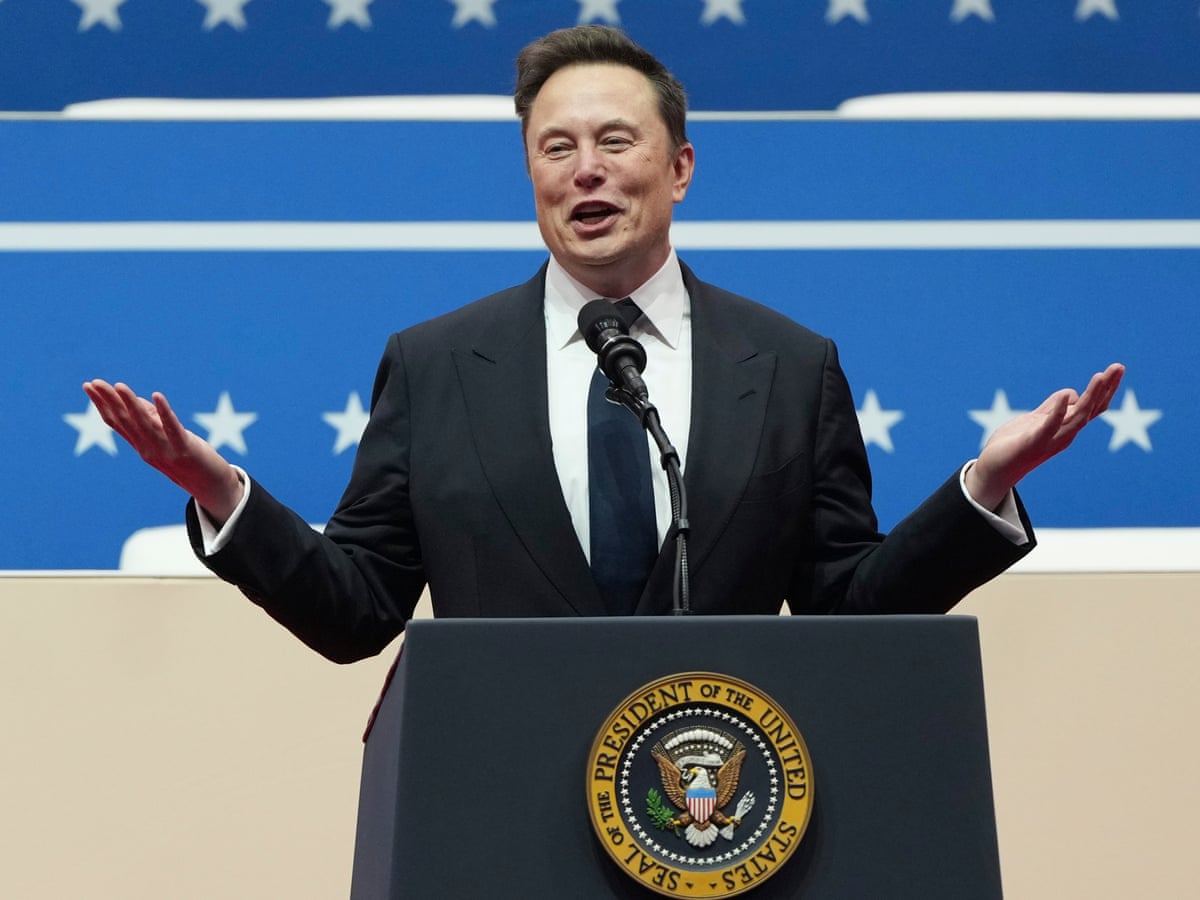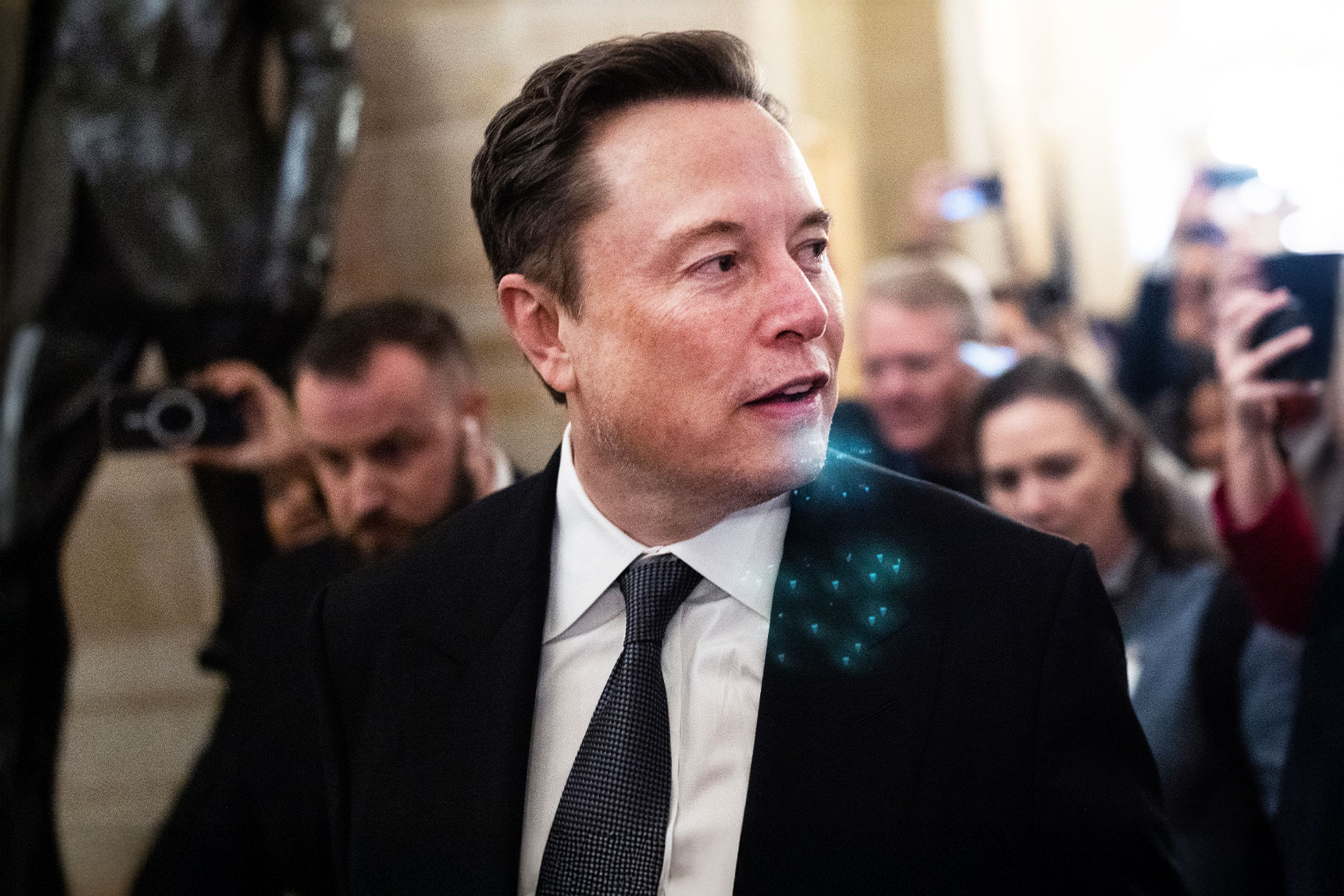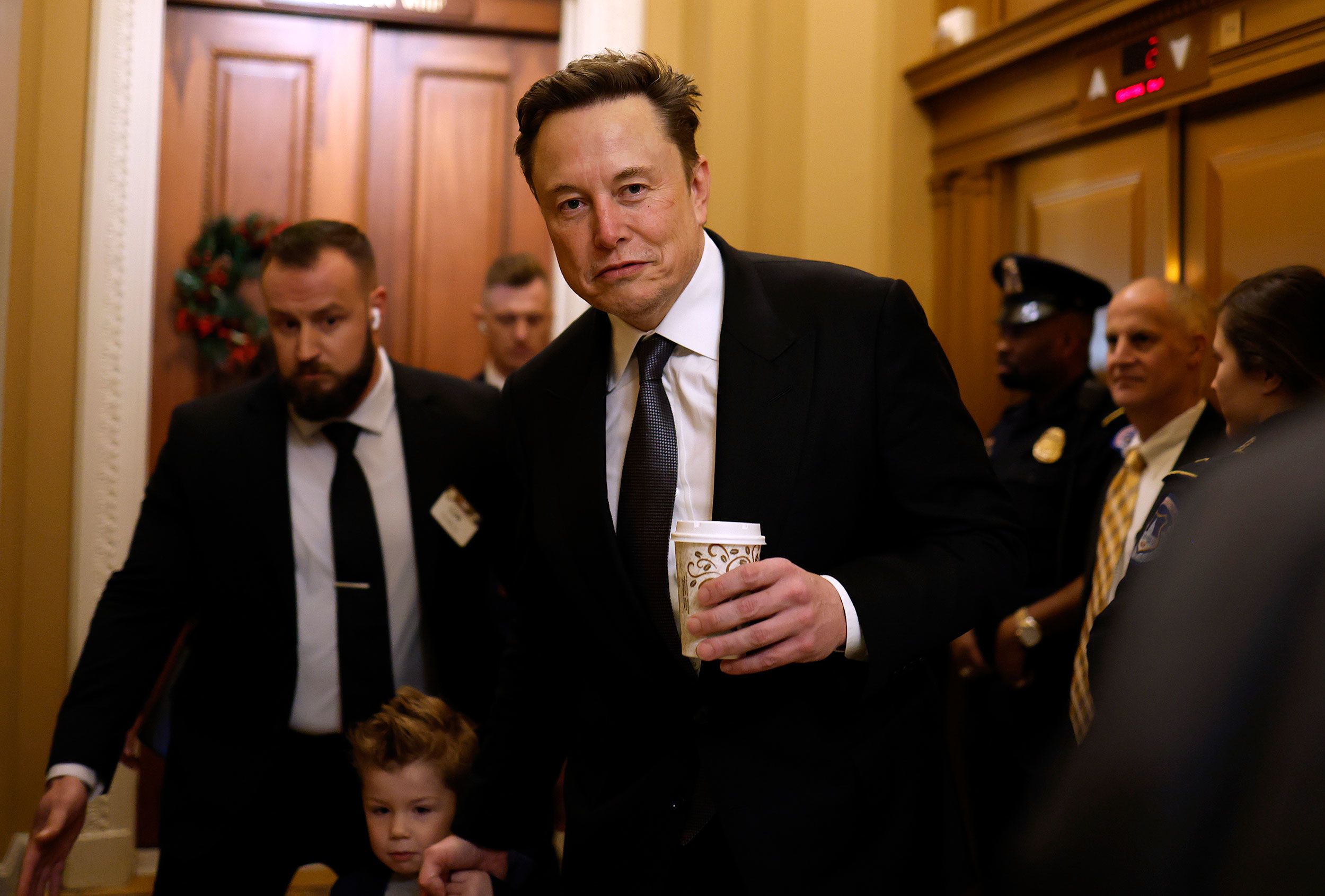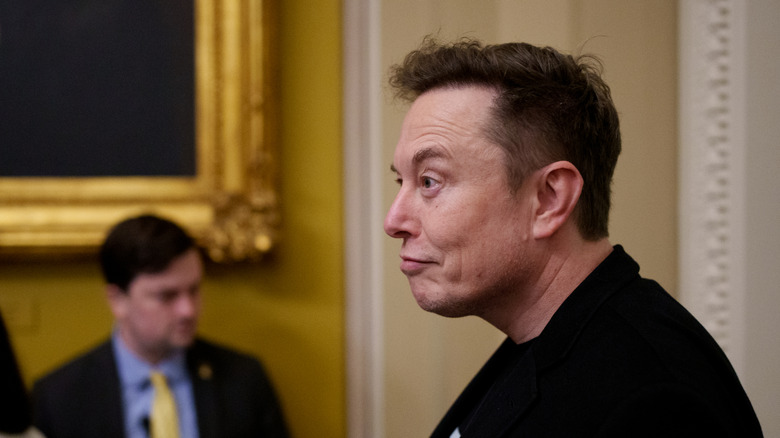In late 2024 and early 2025, Elon Musk made a sequence of explosive claims that link the looming U.S. government shutdown to a political strategy by Democrats: namely, that the congressional funding fight is being prolonged to allow “illegal votes” to find their way into the electorate. Unpacking this narrative reveals layers of partisan warfare, conspiracy claims, misinformation risk and institutional stress. Below we trace what Musk asserted, how credible the claims are, how Democrats and other actors responded, and what the broader implications might be for democratic institutions.
The Claim: What Musk Actually Said
Various news outlets capture the gist of Musk’s claims. According to The Times of India, Musk reposted a tweet by JD Vance. The original post alleged that Senate Majority Leader Chuck Schumer had “realized that importing voters was a surefire way for Dems to win elections,” and that Democrats were willing to shut down the government unless they “reward illegal aliens for breaking the law”. Musk wrote:

Once Chuck realized that importing voters was a surefire way for Dems to win elections … he became very much in favor of bribing illegals to come to America!”
Subsequently Musk reposted content suggesting that the government shutdown fight was not about budget differences but about Democrats forcing free healthcare or benefits for undocumented immigrants, as part of a broader vote‑manipulation strategy.
Importantly: Musk didn’t exactly say “this is confirmed”; rather, he amplified existing claims from conservative circles and added his own framing—claiming Democrats were leveraging both the budget standoff and immigration flows to alter the electorate in their favour.
Why the Claim Matters
If Musk’s allegation had merit, it would implicate several fundamental elements of U.S. democracy:
Electoral integrity: The idea that undocumented immigrants are being used electorally to re‑engineer political power is explosive.
Government funding and shutdown mechanics: A shutdown is meant to be a fiscal/political tool; when it’s portrayed as being extended for electoral engineering, it changes how one views the process.

Public trust: If the public believes shutdowns are being used for hidden agendas, confidence in both Congress and the executive may erode.
Media & platform influence: Musk’s amplification of these claims via his platform (X, formerly Twitter) highlights how powerful individuals can shape narratives around key democratic events.
What Evidence Exists — And What Doesn’t
Evidence in favour
Musk’s reposting of the relevant tweets is documented. For example, Times of India confirms Musk was seen sharing posts linking the funding fight with “importing voters”. Congress was, in fact, facing funding deadlines, threats of a shutdown, and contentious negotiations—giving real contextual freight to Musk’s intervention.
Evidence against / missing
Fact‑check organisations such as Deutsche Welle (DW) report that Musk’s broader claims around immigrant voting and vote‑importation are false or misleading:
Only U.S. citizens can vote in federal elections … yet Musk repeatedly claims illegal aliens are being made voters to rig elections.”
Musk and reporting do not provide verifiable proof that Democrats intentionally prolonged the government shutdown for the purpose of increasing “illegal votes”. The shutdown negotiation is a regular part of budget politics and contains many non‑electoral factors (policy contentions, spending priorities, debt ceiling debates).
The allegation that undocumented immigrants directly translate into voting power is flawed: non‑citizens cannot vote in federal elections; states’ apportionment and representation rules aside, the claim exaggerates the electoral effect.
Thus, the core of Musk’s “reveal” is less a documented scandal and more a narrative that he is endorsing and amplifying—a narrative that fits with certain partisan talking points.

Responses & Backlash
Democratic lawmakers quickly dismissed Musk’s claims. For example, Musk’s opposition to the funding bill drew criticism from Bernie Sanders, who called Musk “President Elon Musk” in derision and accused him of orchestrating the shutdown fight for his own agenda.
Fact‑checkers flagged the claims around immigrant voting and shutdown motivation as unsubstantiated. DW, for example, labelled the “illegal votes” angle as misleading and tied to far‑right conspiracy theory tropes.
)
Media coverage acknowledges Musk’s role in opposing the spending/funding bill, but does not support his more dramatic framing of the motivations of Democrats. The Washington Post reported that Musk’s barrage of posts disrupted the funding process, but the underlying logic of “import illegal voters” was not validated in their investigation.

Why Musk Is Pushing This Narrative
Why would Musk stake himself on this controversial claim? Several strategic factors may be at play:
Political influence: Musk is openly active in American politics, supporting Republicans, owning the platform X, and placing himself as a power actor in policy fights (especially funding and regulation).
Alignment with fiscal‑conservative agenda: Claiming Democrats are using immigration and election manipulation to engineer power aligns with conservative concerns about immigration, voting integrity and government size.
Platform‑amplification: As the owner of X, Musk sees narrative control as part of his influence. Posting bold claims draws attention, drives engagement and positions him as a king‑maker or disruptor.
Campaigning for “outsider” status: By casting Democrats as manipulative and secretive, Musk frames himself as the outsider truth‑teller challenging the status quo—even though his own role in the dispute is far from neutral.

The Broader Implications
For democratic institutions
When a figure as prominent as Musk asserts a narrative of electoral manipulation tied to government funding fights, the burden of proof matters. Public trust in democracy depends not only on fair processes but also on transparent communications. If arguments such as Musk’s are accepted uncritically, they may erode trust in institutions (Congress, elections, immigration enforcement) even without factual basis.

For platform responsibility
Musk uses his own platform to spread these claims. Whether content on X is curated, fact‑checked or challenged becomes relevant. The spread of “illegal votes” narratives, even if false, can have real‑world consequences: polarization, disinformation, chilling on civic participation.
For the funding/shutdown process
Typically, shutdown threats arise from disputes over spending levels, policy riders, debt ceiling negotiations and partisan brinkmanship. Injecting an electoral manipulation narrative raises stakes, making the fight less about fiscal responsibility and more about perceived existential threats to democracy and power balances.
What Comes Next: Key Things to Monitor
Verification & investigation: Will any reputable oversight body, Congressional committee or independent investigatory body examine the claim that the shutdown was delayed or engineered to harvest “illegal votes”? So far: no.
Use in election‑season rhetoric: With U.S. midterms and possibly a presidential election on the horizon, narratives of vote‑rigging, “illegal voters”, and manipulation could become weaponized by various camps.
Platform response: Will X (under Musk) continue to allow or promote such claims without challenge? Will fact‑checkers engage in the ecosystem, or will the narrative remain unchecked?
Policy actions on immigration and voting: If claims such as “illegal votes” gain traction, we may see increased legislative or administrative action around citizenship, voter‑registration restrictions, immigration flows, apportionment, etc.
Public trust metrics: Polling and social‑science research may show whether claims like Musk’s impact Americans’ trust in democracy, government funding processes or elections.
Final Thoughts
Elon Musk’s claim that Democrats are prolonging a government shutdown intentionally to keep illegal votes flowing is a striking allegation—one that resonates with strong political sentiments but lacks firm evidentiary grounding. What we do know:

Musk reposted and amplified claims linking immigration flows and the shutdown to electoral manipulation.
The claim has been refuted or flagged by fact‑checkers and lacks independent proof of the shutdown being orchestrated for vote‑engine‑ manipulation.
The broader struggle over the funding bill, government shutdown, and Musk’s role in it is real—but the narrative of “illegal votes” as the motive is contested and likely misleading.
For democratic health, the real question isn’t simply whether the claim is true or false—it’s how such narratives are handled. When powerful individuals use platforms to advance bold claims tied to electoral legitimacy and democratic process, the expectation of accountability, verification and public scrutiny should be elevated.

In this case, Musk has certainly thrown down a gauntlet: linking government‑funding fights, shutdowns, immigration flows and votes in a single narrative. Whether that narrative stands up to scrutiny remains to be seen—but its impact on public discourse, polarization and trust in institutions is already manifest.
For now, the claim remains a provocative piece of political theatre: bold in assertion, weak in proof, but heavy in consequence. As we watch the midterms, as we watch funding fights and as we watch narratives of voting integrity unfold, Musk’s words may prove more influential than his logic—and that alone is cause for concern.
